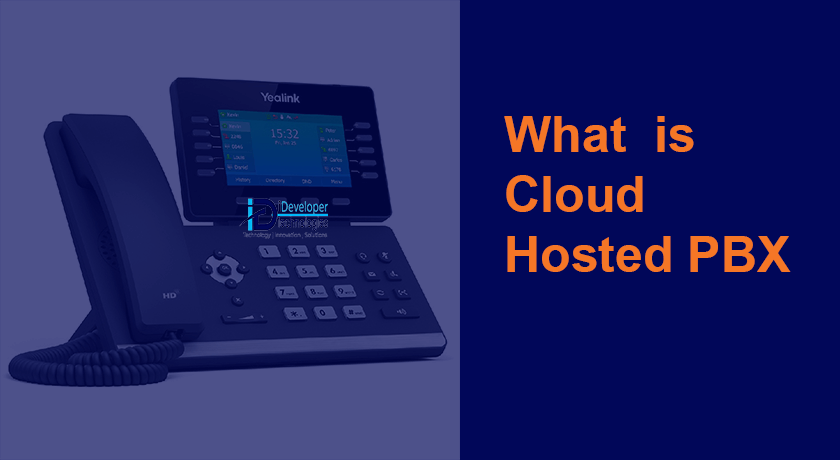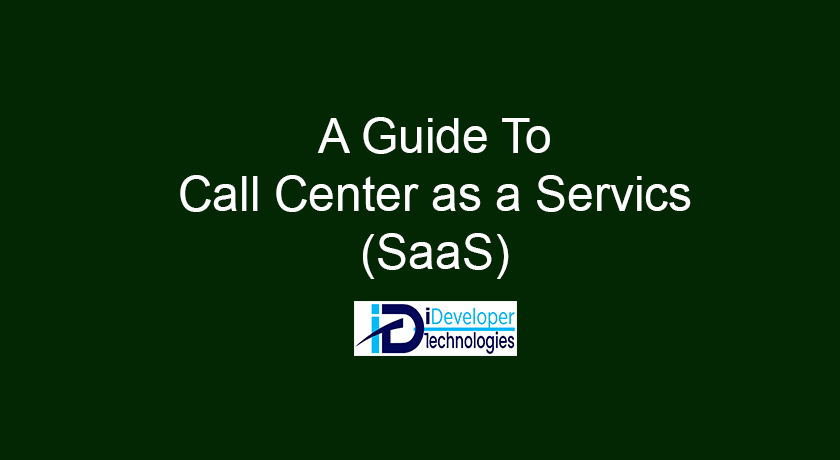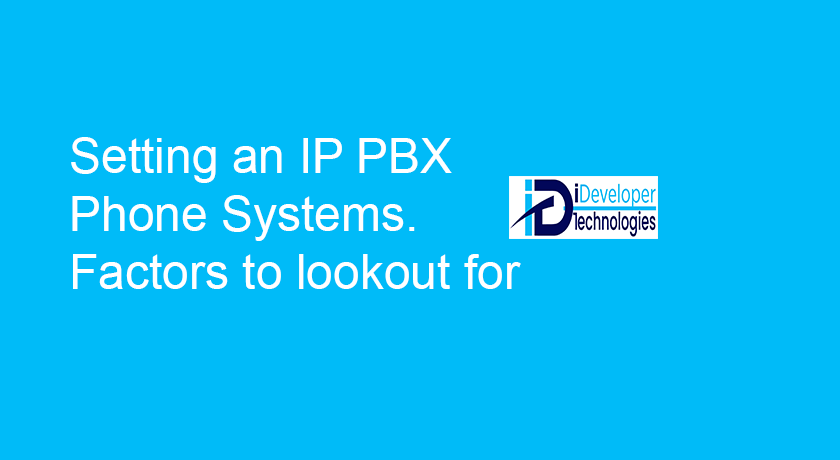Cloud PBX is revolutionizing business communication. By leveraging the internet rather than conventional phone lines,…

6 Benefits of Integrating CRM with Call Centre Software Solution
Integration, particularly with customer relationship management (CRM) systems, is one of the top goals for contact centers. The businesses now have already begun integrating their Call Center solution with CRM and other enterprise software like ERP and ticketing services in Kenya.
There are many benefits of integrating Call center softwares with CRM particularly for SMEs in Kenya, including continuous dataflow between systems and enhanced analytics. Data entry requires less time from agents.
You can gain access to the following benefits specifically by combining your CRM and contact center software solutions:
Top 6 Benefits of CRM integration with Call Center Solutions
-
This makes omnichannel contact management possible.
Your contact center software can receive data from various stages throughout the customer journey, from website visits to email correspondence, thanks to CRM integration. This minimizes customer effort by enabling agents to give contextualized CX via omnichannel data and connection.
Read: Guide to Outbound Contact Center Solution
-
It maximizes agent output.
The three components of an agent’s workload are call preparation, call time, and call follow-up. Data input is a frequent post-call task that agents must perform in the absence of a CRM integration. However, a connector would allow data to flow automatically between your contact center software and CRM, removing the need for human efforts and cutting down on post-call duties so that employees can spend more time really interacting with consumers.
-
Opportunities for upselling and cross-selling are created.
For blended contact centers where employees must conduct both inbound and outbound contacts, this is very important. Utilizing CRM, data gathered from conversations can be analyzed to spot chances for upselling and cross-selling as well as latent demand. Agents can use this information to improve the effectiveness and conversion rate of their outbound engagements.
-
Contact Center CRM drives intelligent dialing prediction.
A contact center feature called predictive dialing automatically calls an outbound number based on agent calling patterns and previous client behavior. Predictive dialers would be able to evaluate prospects based on lead scores and connect agents with an outgoing number that has the best chance of converting thanks to a CRM interface.
Read: 11 Essential features of Inbound Call Center Softare Solution
-
First-call resolution rates are raised Contact Center CRM.
Any inbound caller’s first objective is to have their questions promptly and effectively answered. Customers do not want to be made to wait in a long line just to be put on hold or told to wait for a callback. Due to real-time information access, a CRM integration would provide agents with the essential customer context and purchase information to address a query from the very first engagement.
-
Automated communication is enabled by it.
Connectors make it possible for communication to go both ways, allowing data from your contact center to feed into your CRM and benefit sales and marketing personnel as well. Your CRM database can store call records, which can then be used for prompt follow-ups depending on client interactions. Processes for engaging customers can be automated, such as automatically sending an email to see whether they’ve gotten their order a week after they called to inquire about it.
The main advantages of connecting your CRM with your contact center software are, in brief, effort optimization, cost savings, and new business prospects.
Conclusion
CRM are key element in every orgnization and integrating one with your Call center solution is one of the best way to boost efficiency and also generate more leads for your business.



